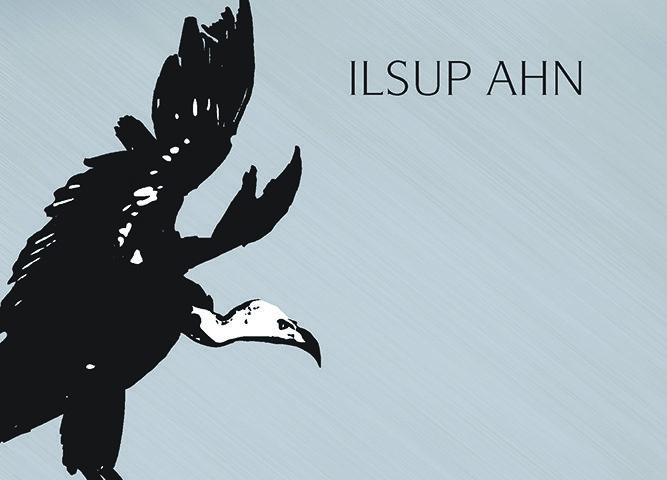Baylor University Press to publish Just Debt: Theology, Ethics, and Neoliberalism by Ilsup Ahn, Carl I. Lindberg Professor of Philosophy at North Park University and Carnegie Council Global Ethics Fellow.
From the publisher:
“Debt—personal, corporate, governmental—is so pervasive in contemporary economies, with its moralistic logic nearly unquestioned. Debt’s necessity renders it morally neutral, absolving it of the dehumanizing effect it brings in unbridled financialization.
In Just Debt Ilsup Ahn explores ethical implications of the practice of debt. By placing debt in the context of anthropology, philosophy, economics, and the ethical traditions provided by the Abrahamic religions, Ahn holds that debt was originally a form of gift, a gift which was intended as a means to serve humanity. Debt, as gift, had moral ends. Since the late eighteenth century, however, debt has been reduced to an amoral economic tool, one separated from its social and political context. Ahn recovers an ethics of debt and its moral economy by rediscovering debt’s forgotten aspect—that all debts entail unique human stories. Ahn argues that it is only in and by these stories that the justice of debt can be determined. In order for debt to be justly established, its story should be free from elements of exploitation, abuse, and manipulation and should conform to the principles of serviceability, payability, and shareability.
Although the contemporary global economy disconnects debt from its context, Ahn argues that debt must be firmly grounded in the world of moral values, social solidarity, and political resolution. By re-embedding debt within its moral world, Just Debt offers a holistic ethics of debt for a neoliberal age.”


